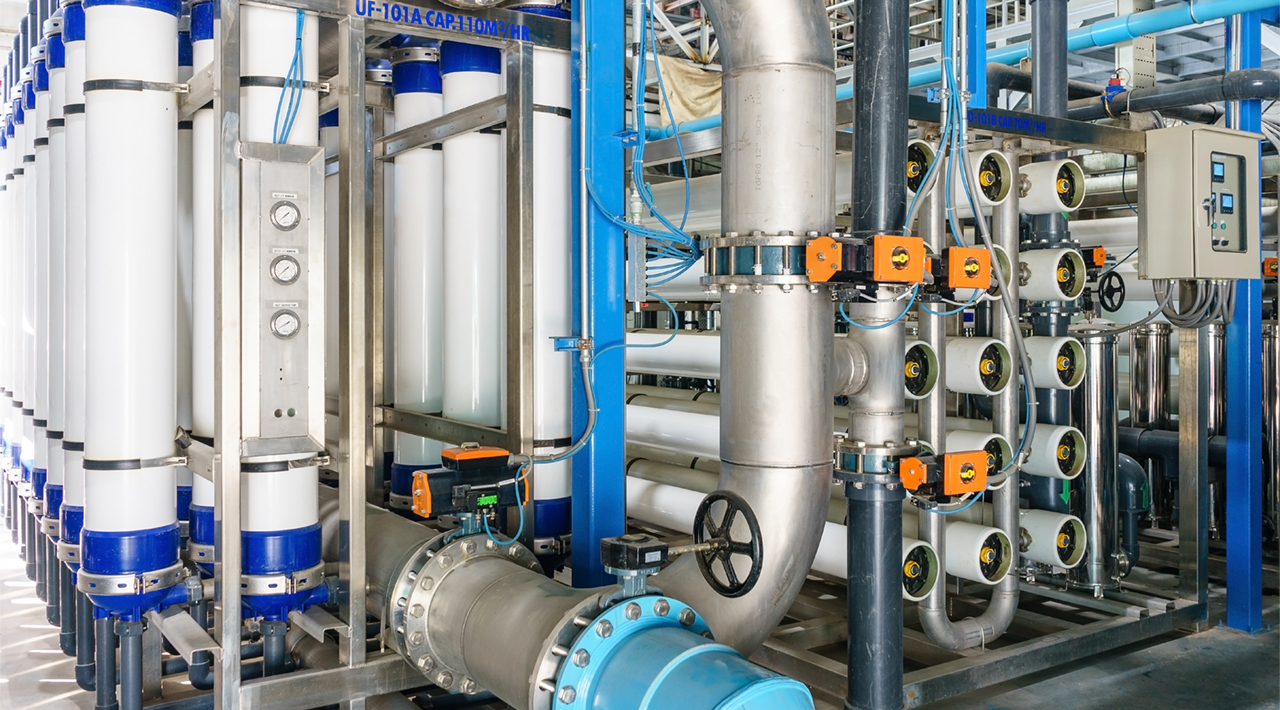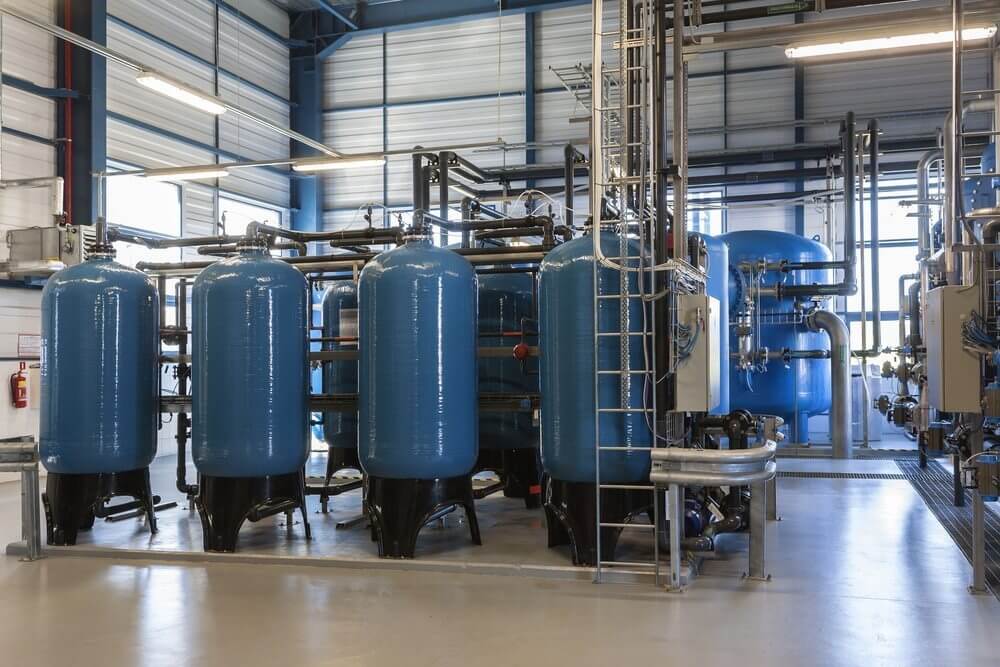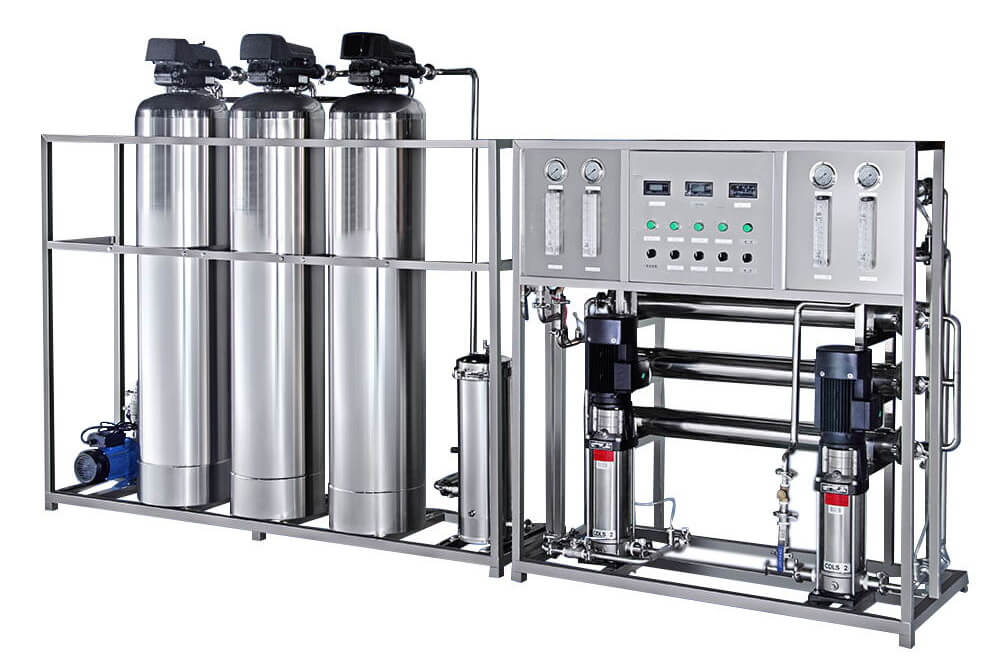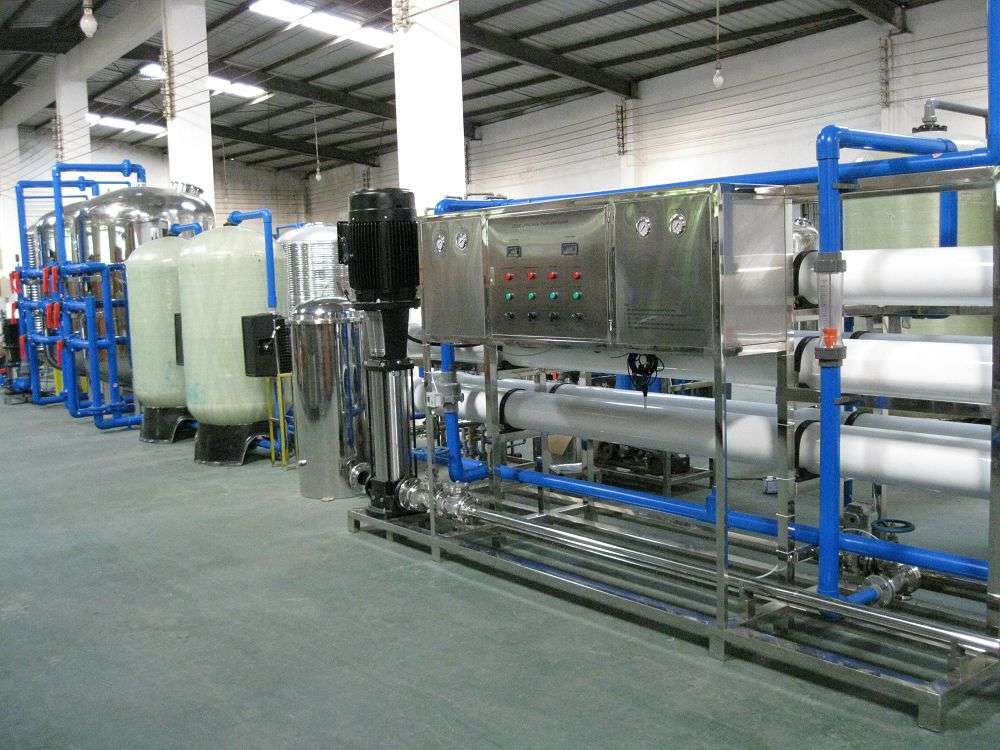Is the reverse osmosis water filter system suitable for well water?
The reverse osmosis water filter system plays an important role in treating contaminants in well water. Let’s take a closer look at the suitability of the reverse osmosis water filter system for well water and its advantages.
1. Applicability analysis
First, it is important to understand the suitability of reverse osmosis water filter systems when treating well water. Reverse osmosis technology can effectively remove heavy metals, organic matter and other pollutants in well water, so it has broad application prospects in well water treatment.
2. Pollutant treatment
Secondly, the reverse osmosis water filter system can effectively remove heavy metal pollutants such as lead and arsenic, as well as other pollutants such as organic matter in well water. This highly efficient filtration effect ensures users have clean and safe drinking water.
3. Choose the right system
For different pollutants in well water, users can choose a suitable reverse osmosis water filter system. For example, if the well water contains heavy metal contaminants such as lead or arsenic, it is recommended to install a reverse osmosis water filter system under the kitchen sink to ensure the safety of drinking water. For cases where well water contains high levels of iron, consider installing a whole-house carbon filter to treat the water quality.

How does reverse osmosis water filter system ensure water quality safety?
The reverse osmosis water filter system can effectively ensure water quality safety and provide users with healthy and safe drinking water through scientific filtration principles and strict water quality monitoring.
First, let us discuss how the reverse osmosis water filter system ensures water quality safety. The reverse osmosis water filter system effectively removes harmful substances such as dissolved salts, heavy metals and organic matter from the water through the filtration function of the semi-permeable membrane, thereby providing clean and safe drinking water. During the water treatment process, the system will strictly control water quality monitoring and membrane maintenance to ensure that the filtration effect meets standard requirements and protect the health and safety of users.
In addition, the reverse osmosis water filter system will also be equipped with auxiliary equipment such as post-filter element or activated carbon filter to further improve the purity and safety of water quality. These auxiliary equipment can remove odor, residual chlorine, microorganisms and other impurities in the water, ensuring the cleanliness and hygiene of household water.

How to choose a reverse osmosis water filter system suitable for well water?
1. Water quality testing and analysis
First, water quality testing and analysis of well water is the first step in selecting a suitable reverse osmosis water filter system. By testing the water quality, you can understand the types and levels of contaminants in the well water, so you can choose the appropriate filtration system and configuration.
2. System performance and technical parameters
Secondly, when choosing a reverse osmosis water filter system, you need to consider the performance and technical parameters of the system. Including indicators such as the water production rate, removal rate, wastewater ratio, and service life of the system, as well as key technical parameters such as the type and brand of the filter membrane of the system.
3. Installation and maintenance requirements
Finally, considering the installation and maintenance requirements of the system are also important factors in choosing a suitable reverse osmosis water filter system. Ensure that the system is easy to install, easy to maintain, and has stable and reliable operating performance to provide users with a better user experience.

What should we pay attention to when installing and maintaining reverse osmosis water filter system?
Proper installation and regular maintenance are critical to the performance and long-term stability of the reverse osmosis water filter system. By strictly complying with installation and maintenance requirements, the normal operation of the system can be ensured, the service life of the equipment can be extended, and continuous and stable water quality services can be provided to users.
First, let us discuss what should be paid attention to when installing the reverse osmosis water filter system. During the installation process, it is necessary to ensure that the pipeline connections of the system are correct and firm to avoid safety issues such as water leakage and pressure relief. In addition, it is necessary to select the appropriate installation location according to the actual situation to ensure the normal operation of the system and the convenience of maintenance operations.
In addition, there are some precautions for the maintenance of reverse osmosis water filter system. Regular cleaning and replacement of filter elements are key to ensuring the normal operation of the system. Especially when the water quality is poor or the frequency of use is high, it is even more necessary to strengthen maintenance work to ensure the filtration effect and service life of the system.

What are the advantages and scope of application of reverse osmosis water filter system?
1. Efficiently remove pollutants
The reverse osmosis water filter system has the advantage of efficiently removing pollutants in water, including heavy metals, organic matter, bacteria, etc. This highly efficient filtration effect ensures users have clean and safe drinking water.
2. Wide range of applications
The reverse osmosis water filter system is suitable for a variety of water sources, including tap water, groundwater, well water, etc. Different system configurations and technical parameters can meet different water quality and treatment needs, with a wide range of applications.
3. Provide healthy and safe drinking water
The water treated by the reverse osmosis water filter system is clean, pure and free of harmful substances and pollutants. It can provide healthy and safe drinking water and protect the health of users and their families.




